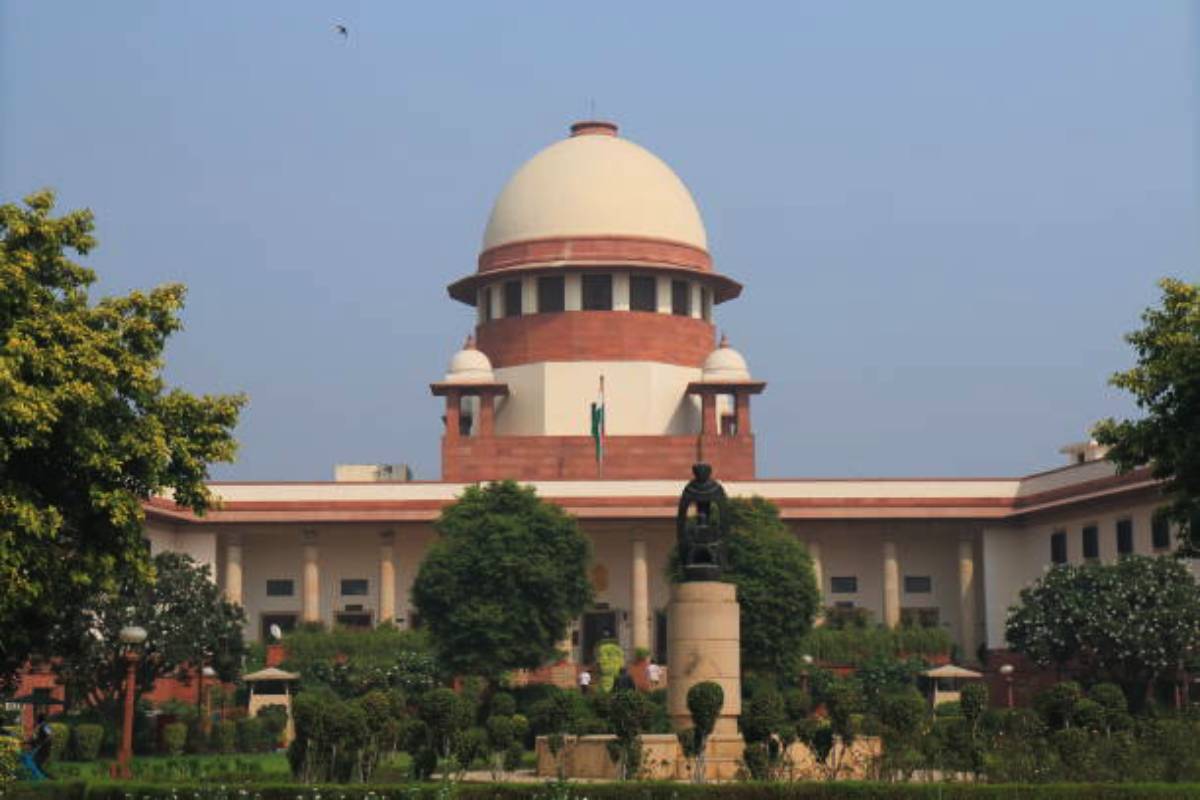As the Supreme Court resumes work on Monday, July 8, after a seven-week-long summer vacation, it will address several important matters. These include petitions seeking the cancellation of NEET-UG 2024 and a demand for a reconduct of the exam. The court will also consider two aspects related to the judgment upholding the stringent provisions of the Prevention of Money Laundering Act.
The NEET-UG 2024 petitions will be taken up on Monday, July 8.
Advertisement
Besides these important matters, it is expected that judgments on the challenge to the constitutional validity of Section 6A of the Citizenship Act and the minority character of Aligarh Muslim University are likely to be pronounced.
Section 6A of the Citizenship Act was incorporated to grant citizenship to immigrants from Bangladesh who had crossed over to India between January 1, 1966 and March 25, 1971.
Both the Central government and the other petitioners defending Section 6A of the Citizenship Act had asserted that the validity of the provision could not be assailed on the apprehension of the language, culture, and religious identities of Assamese people getting overshadowed by the presence of the immigrants from Bangladesh.
A batch of petitions is before the top court seeking the cancellation of NEET-UG 2024 and its reconduct, alleging paper leak, malpractices, and other irregularities in the conduct of the examination that is a precursor to admission to undergraduate medical courses such as MBBS, BDS and AYUSH, and other related medical courses in government and private institutions across the country.
However, the Central government has opposed the cancellation of NEET-UG 2024 in its entirety stating that the plea for the cancellation and the reconduct of the NEET-UG 2024 is based on “conjectures” and “surmises” and it would adversely impact and “seriously jeopardise” the prospects of the lakhs of honest candidates who had taken the exam.
Another much-awaited hearing is on two aspects — denial of ECIR by the ED while arresting an accused in an alleged money laundering case and the presumption of innocence. Both issues arise from the July 27, 2022, judgment of the top court upholding the stringent provisions of the anti-money laundering law (PMLA).
The top court by its August 25, 2022, order had said that it will relook at two aspects of the July 27, 2022, judgment relating to the denial of ECIR by the Directorate of Enforcement while arresting an accused and presumption of innocence of an accused till convicted.
The matter will be heard by a three-judge bench. Last year, this issue was taken up for hearing by a three-judge bench headed by Justice Sanjay Kishan Kaul (since retired) but because of the paucity of time, the hearing was adjourned.
Besides hearing on important matters, including NEET-UG 2024 and the PMLA, a number of important judgments are awaiting to be pronounced that includes petitions seeking the recognition of Aligarh Muslim University as a Muslim minority educational institution.
A five-judge Constitution bench of the Supreme Court headed by Chief Justice DY Chandrachud on February 1, 2024, had reserved verdict on a batch of petitions seeking the recognition of Aligarh Muslim University as a Muslim minority educational institution by virtue of being founded by the Muslims, being the successor of the Muhammadan Anglo-Oriental College (MAO College), and protected under Article 30 of the Constitution guaranteeing the right of minorities to establish and administer educational institutions.
On a challenge to the constitutional validity of Section 6A of the Citizenship Act, a five-judge Constitution bench of the Supreme Court on December 12, 2023, had reserved its judgment on a batch of petitions. Section 6A of the Citizenship Act was inserted in furtherance to the 1985 Assam accord for granting citizenship to the immigrants from Bangladesh who had crossed over to India between January 1, 1966, and March 25, 1971.











